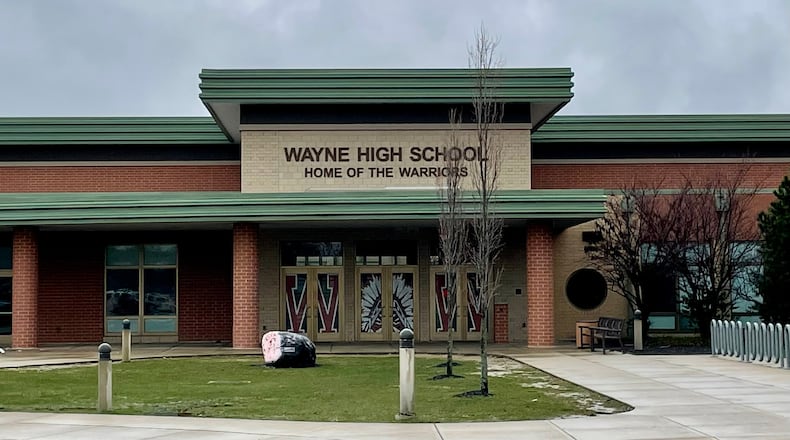The school board re-evaluated these plans in April after estimated expenses for the project soared due to supply chain issues and rising construction costs, much of which is a lasting effect of the COVID-19 pandemic and its strain on the global and national economy.
District spokeswoman Cassie Dietrich said the board referred back to its strategic plan, which was generated in 2020, to determine which aspects of the project were most important to district families. As part of the strategic planning process, the district held focus groups and surveys, results of which showed the communities desire for hands-on learning opportunities.
“One of the things that strongly rose to the top from our strategic plan was that we needed to bring those skilled trades and workforce credentials to the classroom, and that was one of the highest priorities from our community,” Dietrich said.
As a result, the board felt it necessary to focus on the technology expansion at Wayne High School, scrapping the proposal for permanent makerspaces at the elementary schools, at least temporarily. By doing so, the career tech expansion project will cost around $6.7 million, remaining within the district’s original budget of around $7 million.
“Our community told us they wanted (career technology), so we felt we needed to stick to it,” she said, adding that the makerspaces were proposed as a way to introduce students to skilled trades at a younger age to generate the desire to explore the career tech options when they enter high school.
In 2021, the district selected Ruetschle Architects to create preliminary designs for the project, which include the renovation of and addition to a building on the Wayne High School campus. The renovated building will house three career tech labs for student use. These labs will allow students to experience hands-on education within the construction/electric/carpentry, HVAC and welding fields.
The building to be renovated is attached to the school’s Performing Arts Center, but detached from the main high school building by a driveway. It is not currently used for any active learning and has instead served as a place for storage and some athletic locker rooms, according to Dietrich.
Although the proposal for permanent makerspace additions was determined to be financially impractical, Dietrich said there is still a plan to incorporate the concept.
“We already have tech classrooms in our buildings, so we might be able to convert the tech classrooms (to makerspaces) or we may be able to have a mobile makerspace,” she said. “So, there are other things we could do that would be more cost-effective.”
Dietrich said groundbreaking for the career tech project at the high school will likely begin this fall.
About the Author

